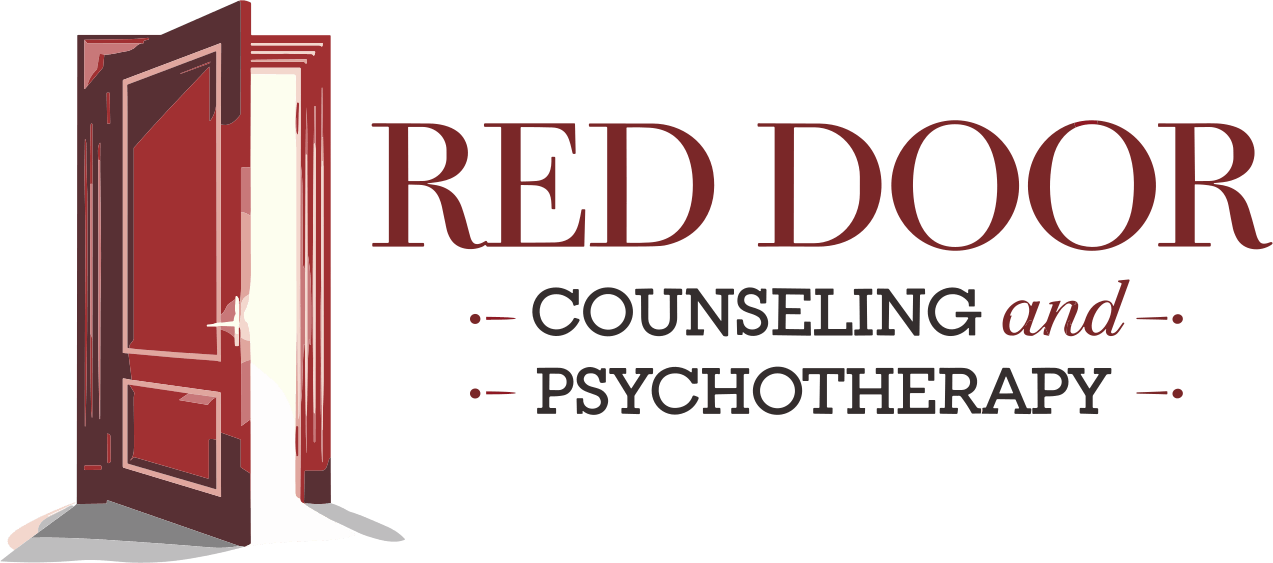
Navigating Marriage When Your Spouse Refuses Couples Therapy
Before diving into the specifics of what to do when your spouse refuses couples therapy, it’s essential to understand why they may be resistant in the first place. There are various reasons why someone might be hesitant to attend therapy, including:
Stigma: There is still a lingering stigma surrounding therapy and mental health. Some individuals fear being labeled as “crazy” or having their personal issues exposed.
Denial: Your spouse might be in denial about the extent of the problems in the relationship. They may believe that therapy is unnecessary because they don’t see the issues or believe that they can resolve them on their own.
Fear of Blame: Some people are afraid that therapy will turn into a blame game, where one partner is portrayed as the “bad guy.” This fear can make them defensive and unwilling to participate.
Vulnerability: Therapy often requires individuals to open up and be vulnerable, which can be intimidating for some. Your spouse may be uncomfortable with the idea of discussing their emotions and personal history with a therapist.
Lack of Trust: If there is a lack of trust in the relationship, your spouse may be skeptical about sharing their thoughts and feelings with a therapist, fearing that it could be used against them.
Now that we’ve explored the reasons behind resistance to therapy, let’s discuss the steps you can take if you find yourself in a situation where your spouse refuses to attend couples therapy.
The question of whether a marriage is destined to fail if only one partner is willing to attend therapy is complex. While it’s ideal for both partners to be actively engaged in the therapeutic process, there are instances where significant progress can still be made when only one partner seeks therapy. Here’s why:
Improved Communication: Through individual therapy, the willing partner can develop better communication skills, which can positively impact interactions within the relationship.
Conflict Resolution: Learning effective conflict resolution strategies in therapy can lead to more constructive discussions and fewer heated arguments, even if only one partner is implementing these skills.
Personal Growth: As one partner grows and evolves through therapy, their changed behaviors and responses can influence the dynamic of the relationship, potentially motivating the other partner to seek therapy as well.
Setting Boundaries: Individual therapy can help one partner establish healthy boundaries within the relationship, which can lead to more balanced and respectful interactions.
Rebuilding Trust: If trust issues are a significant concern, therapy can help the willing partner work on rebuilding trust and creating a safer emotional space within the relationship.
It’s important to note that success in couples therapy largely depends on the willingness of both partners to engage in the process. However, if one partner is determined to make positive changes, it is possible to see improvements in the relationship even when the other partner is not participating actively.
Navigating a marriage when your spouse refuses to attend therapy with you can be challenging, but it’s not necessarily a hopeless situation. Communication, education, and personal growth can still lead to positive changes within the relationship. However, it’s essential to respect your spouse’s autonomy and acknowledge when it may be time to consider other options.
